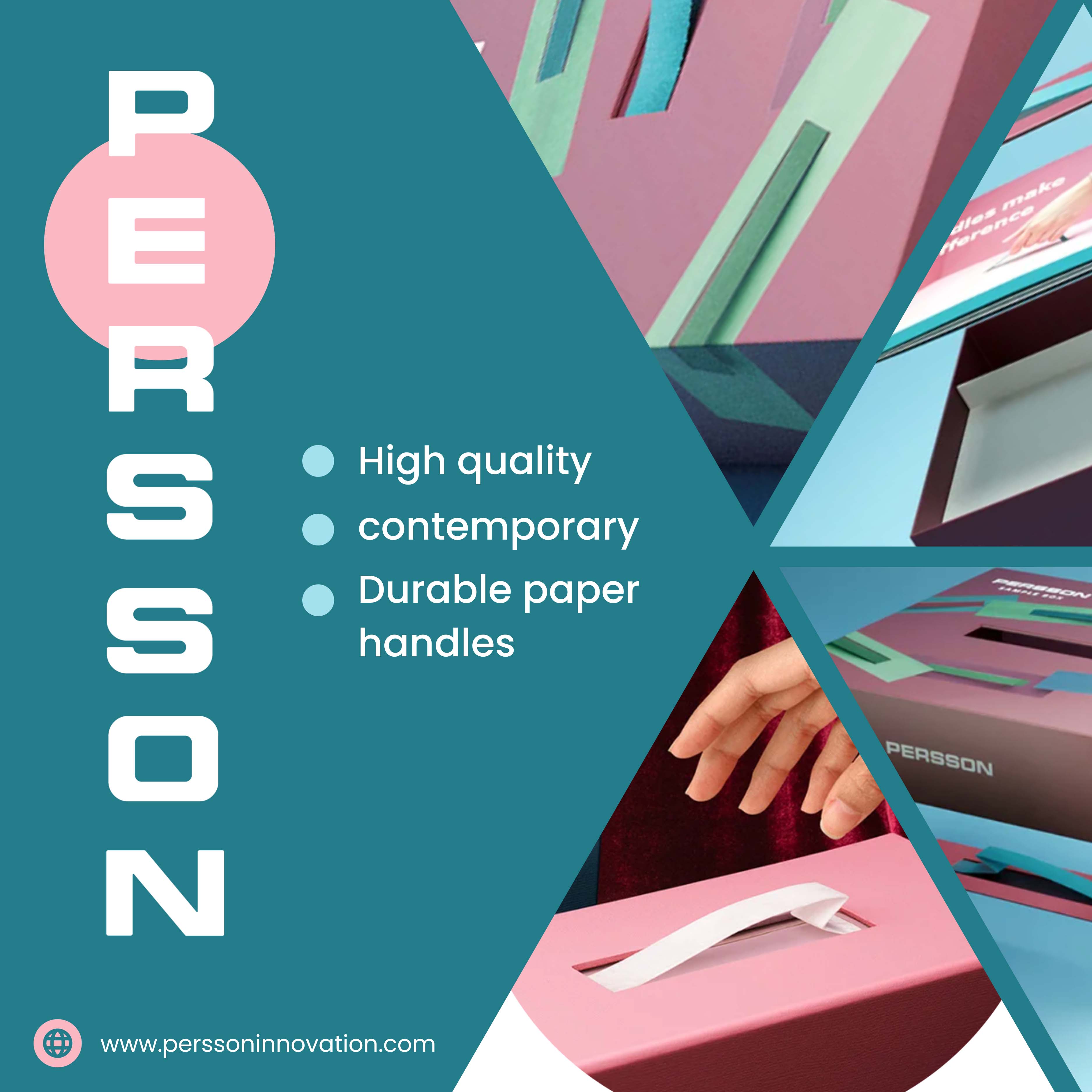Communication is more than just a career path; it’s a cornerstone of any business looking to grow. It plays a pivotal role in building strong relationships with clients, partners, and employees. To ensure fast and smooth business growth, mastering the right communication tools is essential. But with so many options available, how can businesses navigate and choose the most suitable ones for their needs?
There are numerous communication channels, each with its own strengths and uses. Phone calls are ideal for direct conversations and formal discussions. Emails, on the other hand, are great for conveying detailed information and documents in a structured format. Social media helps businesses reach a wide audience and enhance visibility, while video conferencing platforms allow for face-to-face interactions remotely. Finally, instant messaging apps like WhatsApp have become a go-to tool for quick, informal exchanges. Each channel has its advantages, but how do you determine which one best fits your communication strategy?
For me, WhatsApp is my preferred tool. It’s a platform that perfectly aligns with the need for speed, simplicity, and personal interaction in professional exchanges. Throughout this article, I will explain why WhatsApp has become an indispensable communication tool, especially in B2B interactions.
WhatsApp: A Must-Have in Business Communications
WhatsApp offers several advantages that, in my view, make it an ideal solution for managing client relationships:
- Speed: WhatsApp allows instant sharing of messages, photos, documents, and voice notes. This makes it particularly efficient for real-time adjustments or quick responses, especially in situations where responsiveness is key.
- Personalization and proximity: Unlike email, which is often more formal, WhatsApp enables a more personal and relaxed communication style, strengthening the bond between a business and its clients. I appreciate this less rigid approach, as it adds a human touch to business exchanges.
- Versatility: Whether it’s setting up meetings, discussing prices, or sending documents like non-disclosure agreements, WhatsApp adapts to various needs. Additionally, the platform keeps up with data protection standards, ensuring secure exchanges, especially for sensitive information.
- Flexibility: WhatsApp can also be used via WhatsApp Web on a computer, allowing for more thoughtful message handling, similar to email. This feature is useful when the situation doesn’t require an immediate response.
The Importance of Strategy in Choosing Communication Channels
However, before adopting WhatsApp or any other communication tool, it’s important to consider a few key elements:
- Is the client comfortable using WhatsApp for business communication? Some clients prefer more formal channels, like emails or phone calls. It’s crucial to understand your interlocutors' preferences.
- What level of formality is required for the situation? For more complex topics or important negotiations, a structured email or a phone call is often more appropriate.
- What is the nature of your relationship with the client? In an already established relationship, WhatsApp can facilitate smoother and faster communication. However, it’s important to strike the right balance between approachability and professionalism.
The Impact of WhatsApp on the Business Process
WhatsApp doesn’t just simplify communication; it also enhances business efficiency in several key ways.
First and foremost, WhatsApp facilitates faster exchanges. Its fluid interface allows for immediate communication, significantly reducing response times whether you’re negotiating terms or scheduling meetings. This speed is crucial for maintaining an active and dynamic business environment, where quick decision-making can often make the difference between success and missed opportunities.
In addition to speed, WhatsApp plays a vital role in strengthening client relationships. The platform’s informal nature encourages more personal and engaging interactions, which helps to establish a trust-based environment. When clients feel more connected on a human level, they are often more open to discussions, leading to quicker transactions and a smoother overall experience.
By leveraging these advantages, businesses can not only streamline their communication processes but also foster stronger connections with their clients, ultimately driving growth and success.
WhatsApp's Adaptability and Limits
That said, WhatsApp isn’t always the best tool for every situation. For critical negotiations or strategic discussions, more formal communication channels like emails or phone calls are often preferred. LinkedIn, for example, offers a professional space to build and maintain business relationships while keeping track of your contact’s career developments. Using various channels allows you to adapt to your clients' preferences and respect their perception of formality or confidentiality.
In short, communication tools play a vital role in business interactions. They directly influence the speed, smoothness, and quality of exchanges between parties. Thanks to its simplicity and ability to create fast, personalized interactions, WhatsApp has become a go-to choice in professional relationships. However, it’s important to tailor your communication tools based on your contacts' needs and the level of formality required for each exchange.
How about you? What communication tools do you use in your professional interactions? What benefits and challenges do you find with them? Feel free to share your experiences!




